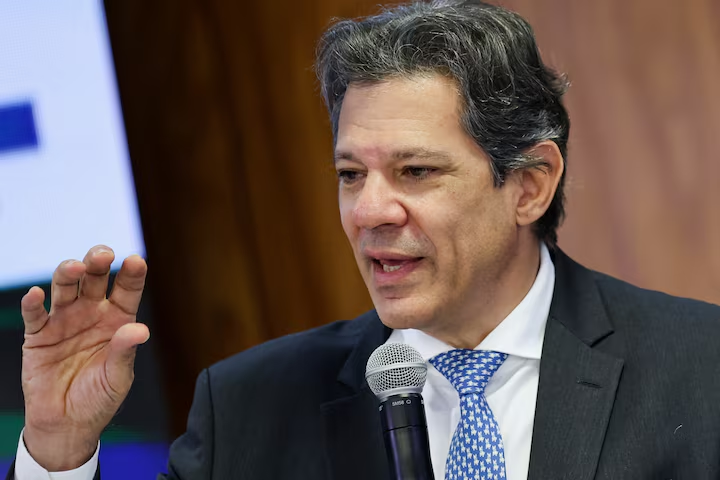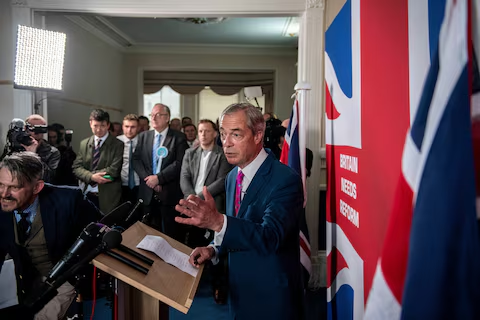The Brazilian government has reversed course on a controversial plan to raise taxes on income from overseas investments, following intense backlash from the financial sector, political opposition, and segments of the public. The proposed tax hike, which targeted Brazilians’ passive income earned abroad, faced sharp criticism for potentially undermining investor confidence and triggering capital flight.
Announced just weeks ago as part of President Luiz Inácio Lula da Silva’s broader fiscal reform agenda, the measure was meant to increase tax revenues by tightening rules on foreign earnings, especially among high-net-worth individuals and businesses.
But after fierce pressure, Finance Minister Fernando Haddad said on May 23, 2025, that the government would “review and revise” the proposal, acknowledging concerns about its potential economic and political impact.
“We are listening to society, to Congress, and to market signals,” Haddad said. “We remain committed to fiscal responsibility, but we must proceed with balance.”
💼 What the Proposal Entailed
The now-shelved plan aimed to:
- Tax foreign income such as dividends, interest, and capital gains earned by Brazilians abroad at higher rates
- Eliminate certain tax exemptions and loopholes for overseas trusts and offshore holdings
- Apply new rules retroactively to income earned in 2024, raising concerns over legal certainty
It was framed as a tool to combat inequality and align Brazil with global efforts to reduce tax avoidance. However, critics argued it risked discouraging investment, undermining confidence in Lula’s economic policies, and pushing wealth out of the country.
📉 Market and Political Reactions
Brazil’s financial markets responded negatively to the initial announcement, with the real weakening and stock indexes dipping as investors questioned the government’s economic strategy. Business associations and tax experts warned that the measure would damage Brazil’s global competitiveness and complicate financial compliance for individuals with legitimate international portfolios.
In Congress, centrist and conservative lawmakers threatened to block the proposal, forcing the government into a tactical retreat. Even within Lula’s political base, some allies expressed concern about the plan’s timing and execution.
🏛️ Lula’s Reform Balancing Act
The incident highlights the Lula administration’s delicate balancing act as it attempts to fund expanded social programs and infrastructure investment while reassuring investors and controlling inflation. With the fiscal deficit widening, the government is under pressure to raise revenue without spooking markets or alienating middle-class voters.
Observers say this rollback may delay Lula’s tax reform agenda, but also shows a willingness to negotiate and recalibrate when public and market signals turn sour.
“The retreat shows political pragmatism, but also a lack of coordination,” said an economist at the Getulio Vargas Foundation. “The government needs a clearer message on tax policy.”
What to Watch
- Whether a revised version of the tax plan will be introduced in Congress
- Continued market reactions and investor sentiment toward Lula’s fiscal strategy
- Potential shifts in Lula’s coalition as reform fatigue sets in
- Alternative revenue-generating measures being explored by the Finance Ministry
- Effects on Brazil’s position in OECD tax transparency negotiations
Brazil’s decision to walk back the overseas tax proposal signals both political sensitivity and fiscal caution. But it also raises questions about the coherence and durability of Lula’s reform drive, as his government tries to balance progressive ambitions with economic realism.
Source; Reuters



